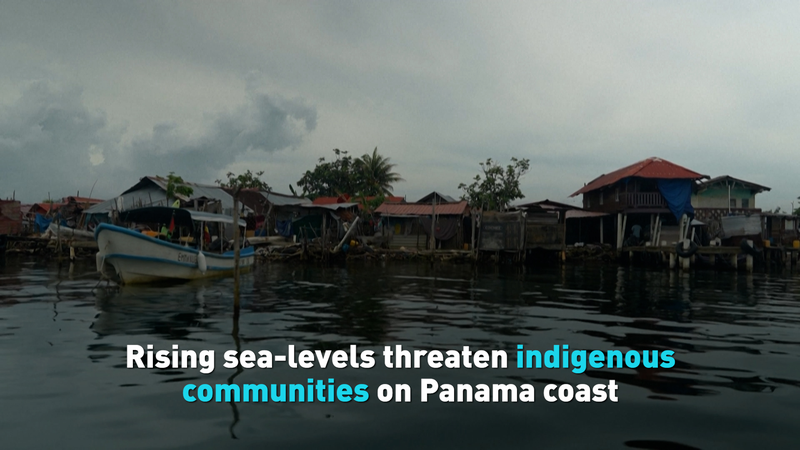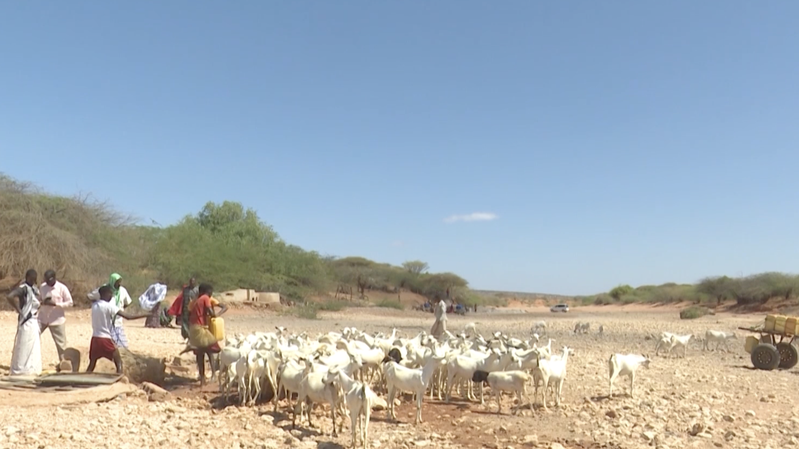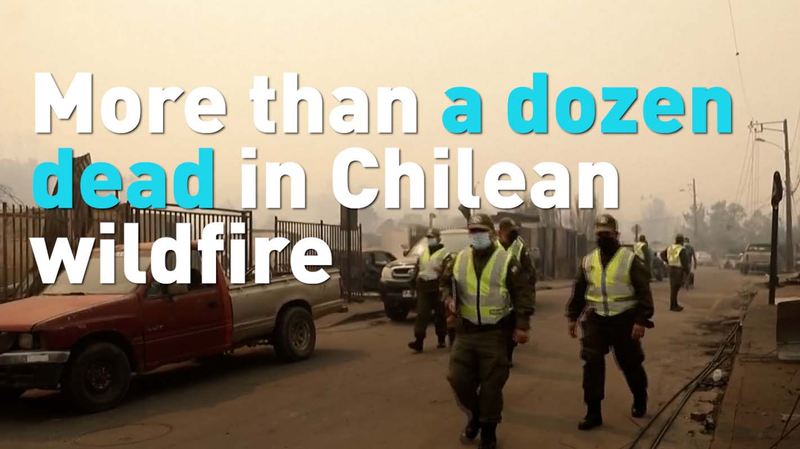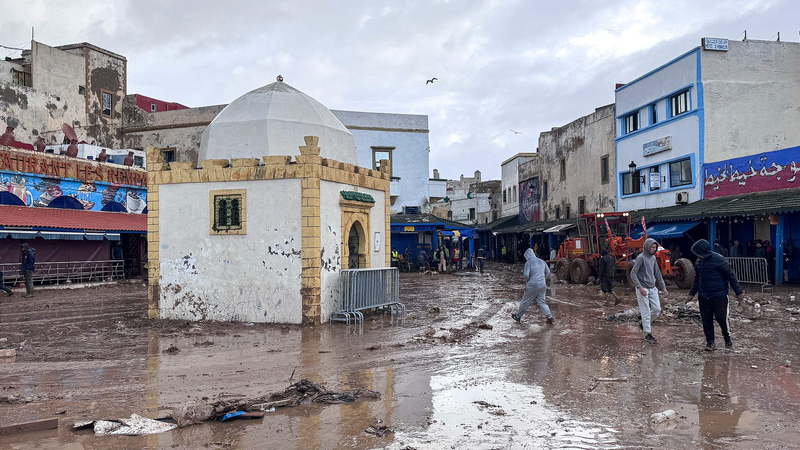On Panama’s Caribbean coast, the Guna Indigenous people have called the San Blas islands home for centuries. But recently, rising sea levels have started to engulf these low-lying islands, threatening to erase the community’s ancestral lands.
With waves creeping closer and erosion eating away at shorelines, the Guna are now among the first communities in the Americas facing relocation due to climate change. This year, residents have reported flooding homes, saltwater intrusion into freshwater supplies, and shrinking land for traditional agriculture.
For many Guna families, the islands are more than just home—they are the heart of a cultural identity deeply connected to the sea. Relocation poses not only physical challenges but risks the loss of heritage sites, traditional knowledge, and community bonds forged over generations.
Experts warn that such relocations are a preview of what other coastal and island communities across the globe might face if global sea levels continue to rise. The Guna story underscores an urgent call to action on climate adaptation strategies that respect Indigenous rights and preserve cultural heritage.
As relocation planning begins, the Guna are seeking solutions that balance safety, sustainability, and the protection of their cultural legacy. Their journey offers a poignant reminder: addressing climate change impacts requires inclusive approaches that amplify the voices of those on the frontlines.
Reference(s):
Rising sea-levels threaten indigenous communities on Panama coast
cgtn.com




